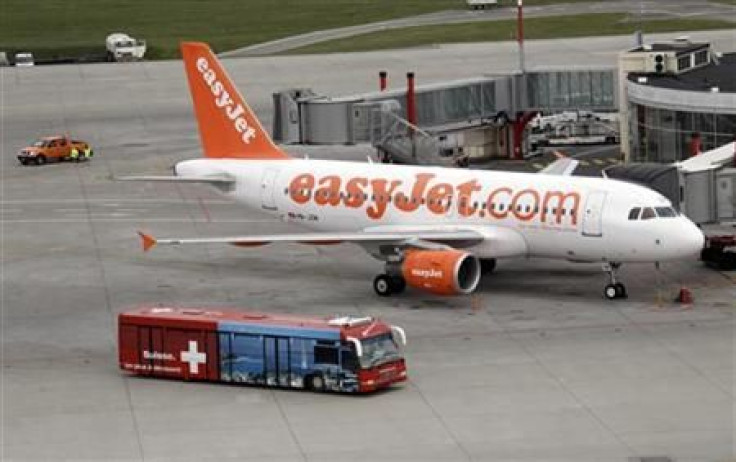Airline Passengers To Be Compensated For Flight Delays

Several European airlines lost a legal battle in the European Court of Justice Tuesday. The airlines were fighting a ruling that requires them to compensate passengers who are delayed by more than three hours on short-haul flights to or from EU nations, Switzerland, Norway or Iceland, or on any of these nations’ respective carriers.
The court upheld a previous decision made three years ago in a case involving Air France. The current ruling -- including one case involving German carrier Lufthansa and a second involving British Airways, Tui Travel, easyJet and the International Air Transport Association (IATA) -- offers travelers monetary compensation up to 600 euros ($780) depending on the length of the flight, unless the delays were the result of “extraordinary circumstances which could not have been avoided even if all reasonable measures had been taken, namely circumstances beyond the actual control of the air carrier.”
The judge further reiterated that “the principle of equal treatment requires that passengers whose flights are delayed and those whose flights are cancelled ‘at the very last moment’ must be regarded as being in comparable situations” with regard to their applications for compensation, as they suffer similar inconveniences.
A legal challenge has seen all claims in the U.K. put on hold since August 2010, but Tuesday’s decision could mean that several carriers will now have to pay out. The open-ended wording, however, has some critics concerned that airlines can clam anything from bad weather to strikes, political instability or ash clouds as “extraordinary circumstances.”
The Civil Aviation Authority of the U.K. has now updated its passenger advice to include the European Court of Justice ruling and to inform travelers of their right to claim compensation after a delay of more than three hours on arrival (not departure).
“Today’s judgment from the Court of Justice of the European Union offers much needed clarity for passengers, the airline industry and the CAA about when compensation must be paid following delays,” CAA’s regulatory policy director Iain Osborne said Tuesday. “Every year around 200 million passengers travel on two million flights to and from the U.K., with the vast majority experiencing no problems. However, when something does go wrong, there are regulations in place to protect travelers, and the CAA is ready to ensure companies abide by them.”
Airlines like easyJet, meanwhile, said they were “disappointed with the outcome” but pleased to have final clarification and certainty on the issue. Several carriers had previously stated that a ruling not in their favor would mean higher fees passed along to consumers.
© Copyright IBTimes 2024. All rights reserved.












